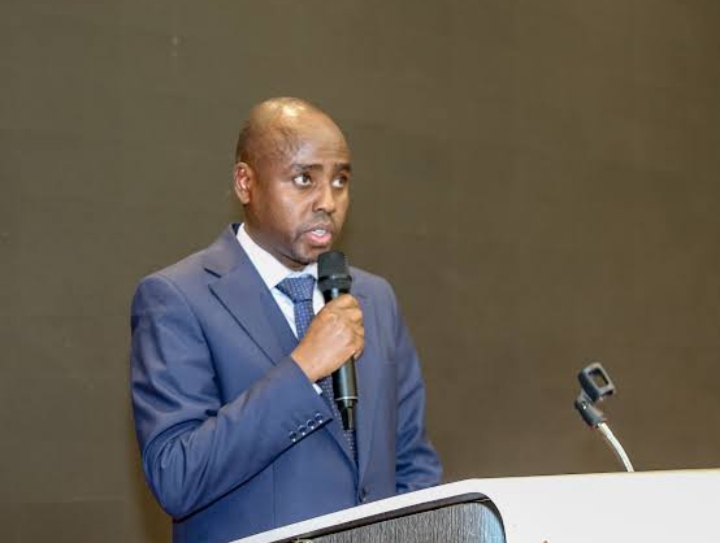Kenya Airports Authority is once again under the public spotlight after fresh concerns were raised about how tenders are being handled and how decisions are made under the leadership of acting CEO Dr. Mohamud M. Gedi.
Staff working within the agency claim that the environment has become tense, with most key decisions being controlled by one office. They say it is difficult to raise questions or seek clarity because anyone who tries is quickly sidelined or branded as disloyal.
This has created a culture of fear where employees simply follow orders without questioning how money is being spent or which companies are being awarded contracts.
The concerns grew after it emerged that some contracts worth millions were issued to companies said to be linked to influential individuals, including a governor from the North Eastern.
These tenders were allegedly issued through direct procurement, bypassing normal competitive bidding processes that are meant to promote fairness and protect taxpayers’ money.
Insiders say that some of these firms were either newly registered or had no previous record of handling major airport-related contracts, yet they still received approvals with unusual speed.
The case that has drawn the most anger from the public is the legal contract worth Sh243 million, issued to defend petitions linked to the cancelled Adani Group lease at JKIA.
The original budget for legal services was just Sh12.5 million, yet the final figure shot up by more than 1,800 percent. Many Kenyans are asking how such a huge increase was approved without attracting immediate investigation.

KAA Acting CEO Dr Gedi. Photo Courtesy/File
The contract was issued to a firm through direct procurement on grounds of urgency, but critics say this explanation makes little sense since the matter had been ongoing and did not require emergency action.
Another issue attracting concern is that approval for this large payment was reportedly sought only after the funds were already spent.
A letter was written to the Principal Secretary requesting retrospective approval, something that has raised questions about accountability. Normally, any expenditure involving public funds must be approved before the money is committed.
Doing it afterward suggests an attempt to clean up paperwork rather than follow proper procedures.
Similar patterns are reported at other airports, including Moi International Airport in Mombasa, where tenders were awarded under what insiders describe as emergency procurement.
Whistleblowers say the same approach was used in several other deals, giving room for manipulation of processes.
These revelations have led to louder calls from citizens, civil society, and some leaders demanding a full audit of all contracts issued under the current leadership.
Some groups are also pushing for the suspension of the acting CEO and any officials mentioned in the allegations until investigations are completed. They argue that no one should remain in office while under serious scrutiny involving public resources.
Many Kenyans feel that agencies like the Ethics and Anti-Corruption Commission should move with speed to establish the truth and ensure that accountability is enforced without favoritism.



